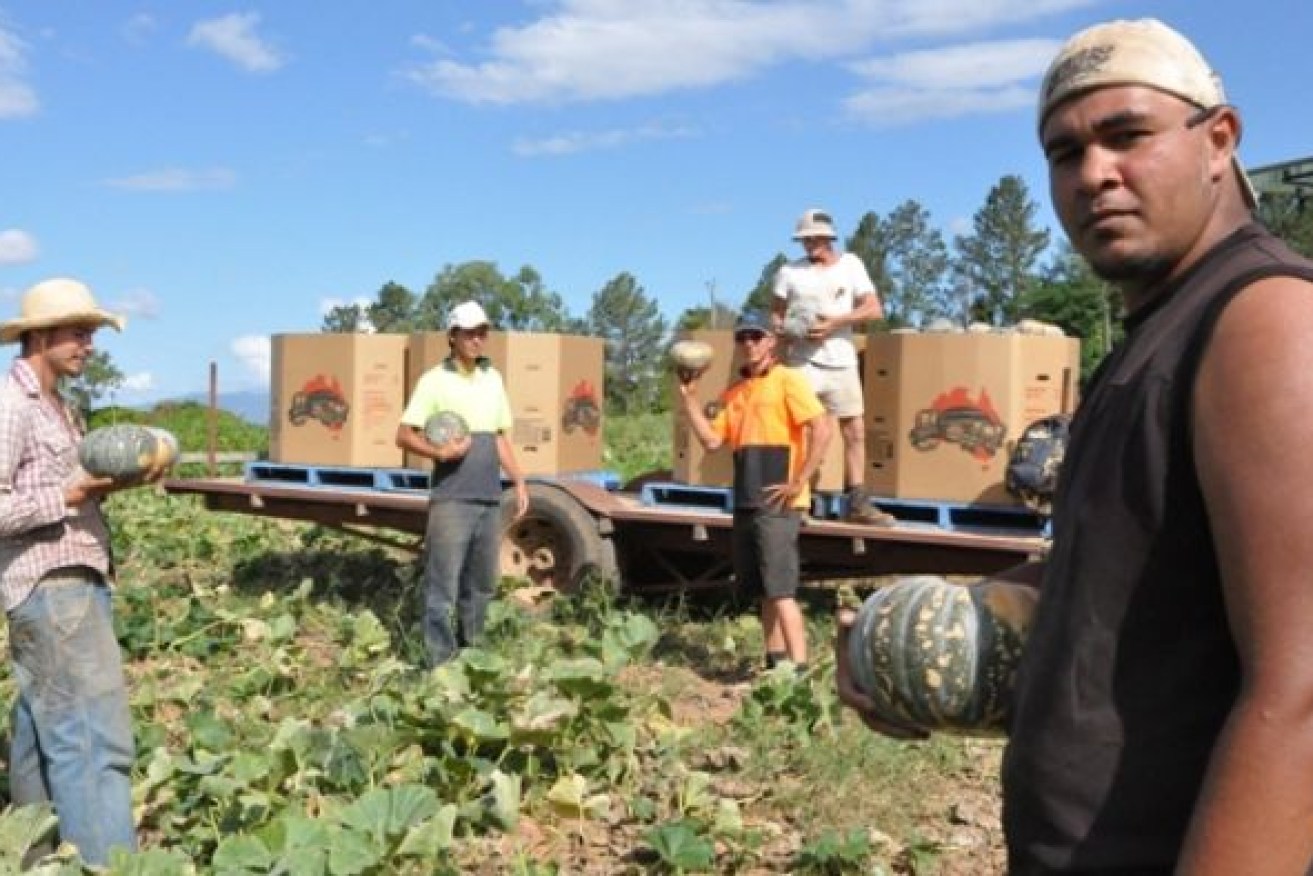Trapped backpackers tap into virus visas

Backpackers are relied on for seasonal picking work in regional Australia. Photo: Supplied. Photo: TND
Almost 2000 backpackers trapped in Australia during the coronavirus pandemic have applied for emergency visas.
Another 181 working holiday makers have stayed on to help with bushfire recovery efforts.
Backpackers who work in so-called “critical sectors” have since April been thrown a visa lifeline to remain in the country.
These sectors including agriculture and food processing, aged and disability care, health and child care.
People with no other visa options who work in these industries and have no way of returning home are allowed to continue working throughout the pandemic.
They are also allowed to work for more than six months with one employer.
There have been 1957 applications lodged so far.
Trapped backpackers who do not work in critical sectors can apply for a separate pandemic visa.
They need to demonstrate they can’t meet the requirements for other visa categories and must prove they can’t afford application fees.

Some German backpackers decided to return home at the beginning of restrictions in Australia in March. Photo: AAP
Earlier this year, the federal government also relaxed visa restrictions in response to the bushfire crisis.
Working holiday makers taking part in recovery efforts were allowed to count that time towards qualifying for a second or third visa extension.
The regular six-month limit with one employer was also waived.
So far, 181 people have taken part in the visa scheme.
There are 80,000 working holiday makers in Australia, well down from 135,000 at the same time last year.
The number of backpackers has been steadily falling from a peak of 260,000 five years ago but the long-term trend has been sharply exacerbated by the summer bushfires and coronavirus.
Outbound Australian backpackers usually head to the United Kingdom, Canada and Ireland for their working holidays.
But there are always far more people flocking to Australia than flying out.
Appearing at a parliamentary inquiry on Monday, Home Affairs officials did not express a view about whether young Australians stuck at home during the pandemic could do work usually reserved for foreign backpackers.








